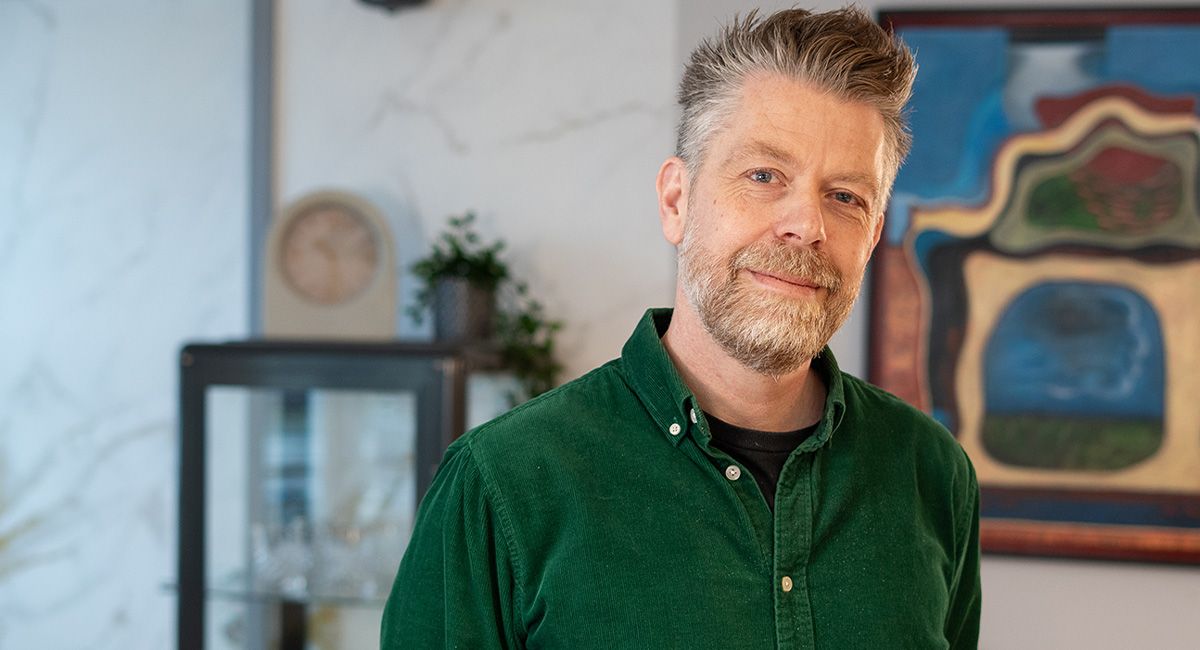Non-binary individuals are three times more likely to feel unsafe
Queer & Pride Amsterdam has kicked off this week. The event is more focused on diversity within the LGBTQIA+ community than ever before. Visibility of all groups within the community remains crucial, as it is not always easy or safe for individuals to be themselves everywhere. A recent study among non-binary people shows that they often feel more unsafe.
Non-binary individuals report feeling unsafe three times more often than others. This finding comes from an international study conducted by Motivaction on behalf of Mastercard. This feeling of unsafety is present in various situations, such as public transportation, the workplace, and during social outings. For instance, 36% of non-binary people frequently or often feel unsafe while using public transportation, compared to 12% of the general population.
The research also reveals that 28% of those identifying as non-binary have experienced discrimination, bullying, or verbal abuse in the past year. Among the entire population, 13% reported experiencing discrimination in the same period. Additionally, non-binary individuals rated their mental health at an average of 6.6, whereas others gave an average rating of 7.5. Non-binary individuals also report higher levels of loneliness and depression.
The Netherlands appears to be relatively accepting of people who identify as non-binary, along with other Western European countries like Belgium, France, Spain, Portugal, Italy, Austria, and Sweden. In contrast, countries like Czech Republic, Slovakia, and Israel show lower levels of acceptance. Germany, the United Kingdom, the United States, Canada, and Poland occupy a middle ground, with more divergent views on the acceptance of non-binary individuals.
About the research
The study involved 15,935 participants from 16 countries. In each country, a group of approximately 1000 people filled out the questionnaire, except for the smaller countries Portugal (n = 675) and Slovakia (n = 626). The sample in each country was representative of the total population. In the overall sample of the 16 countries, there were 452 individuals who identified as non-binary.




















